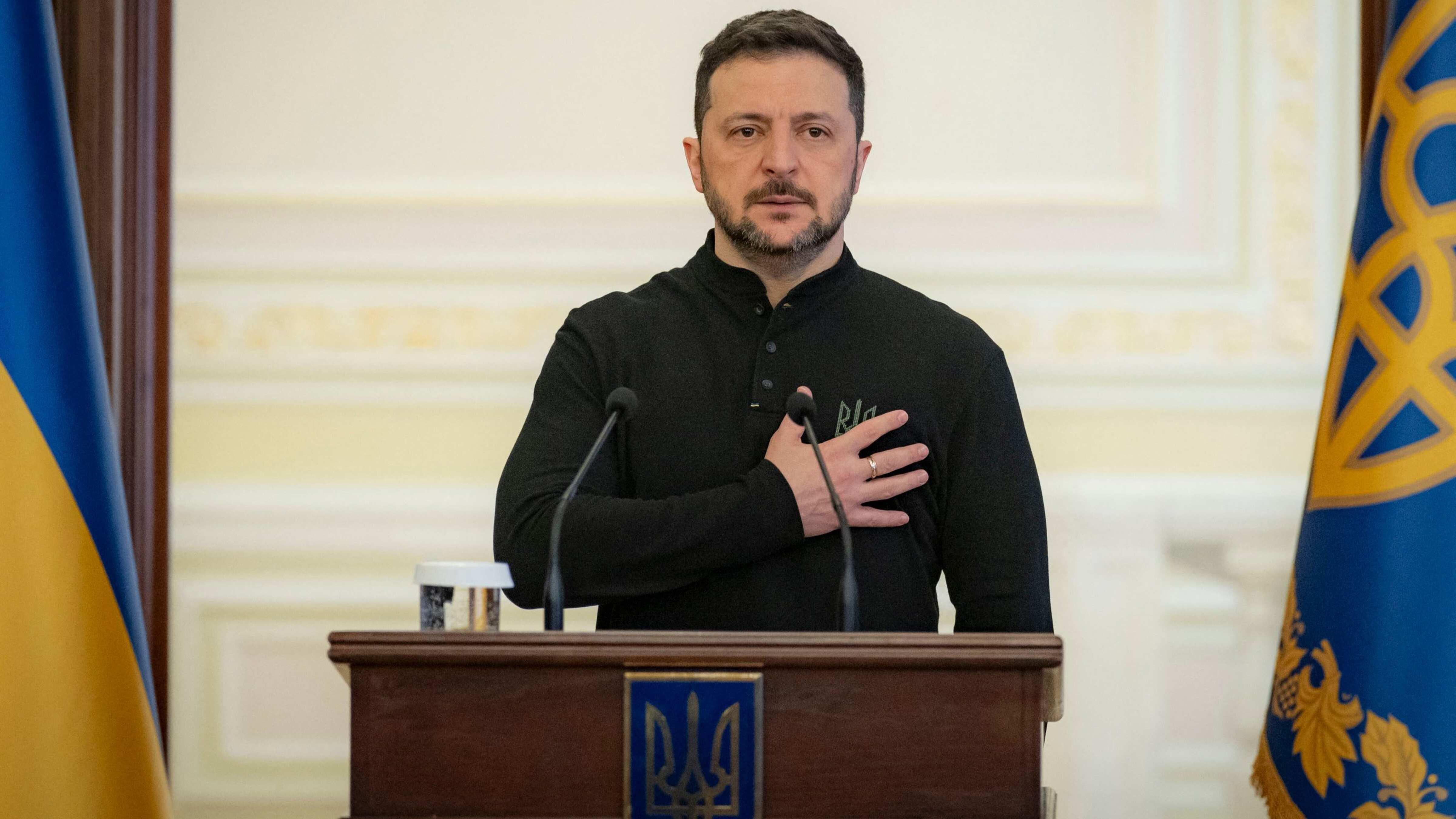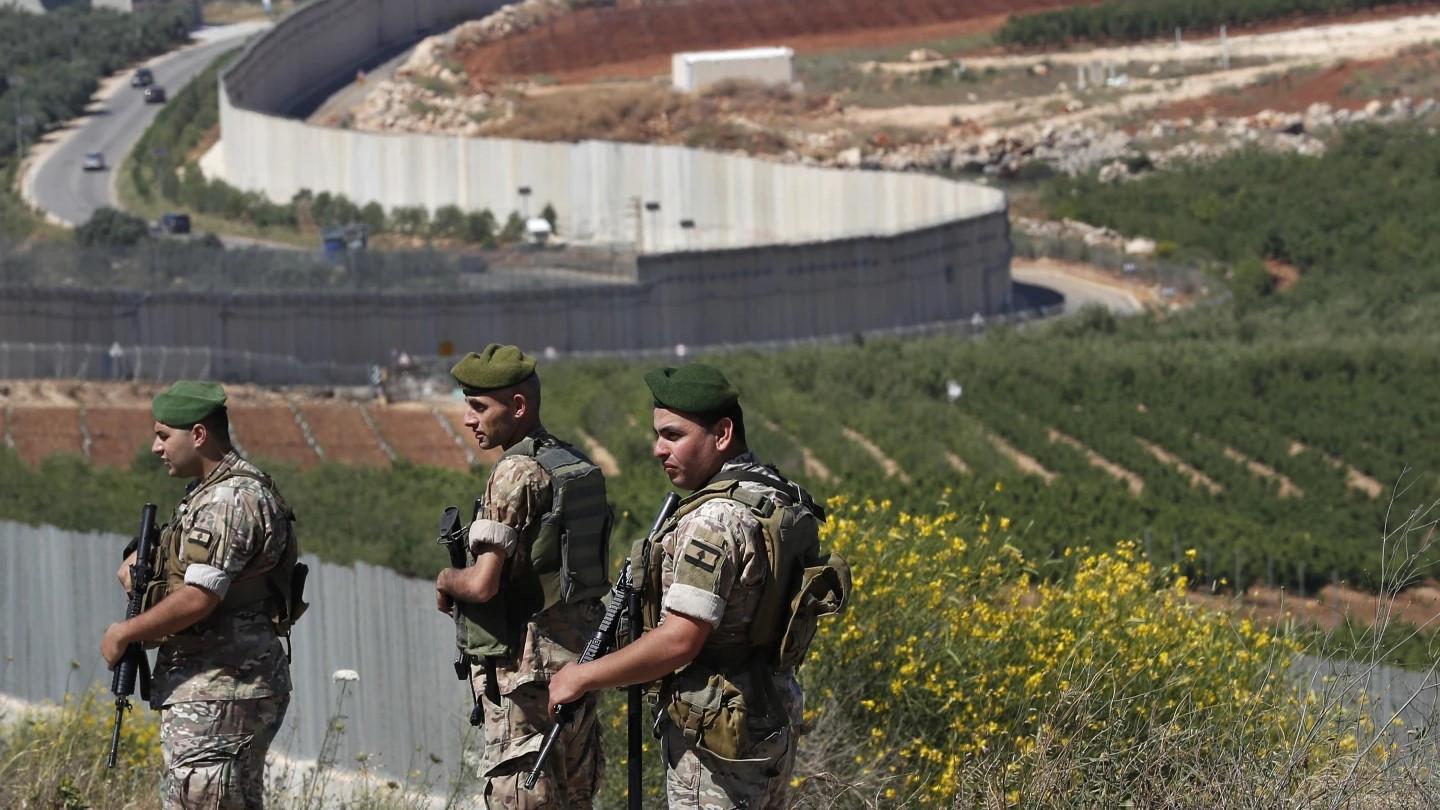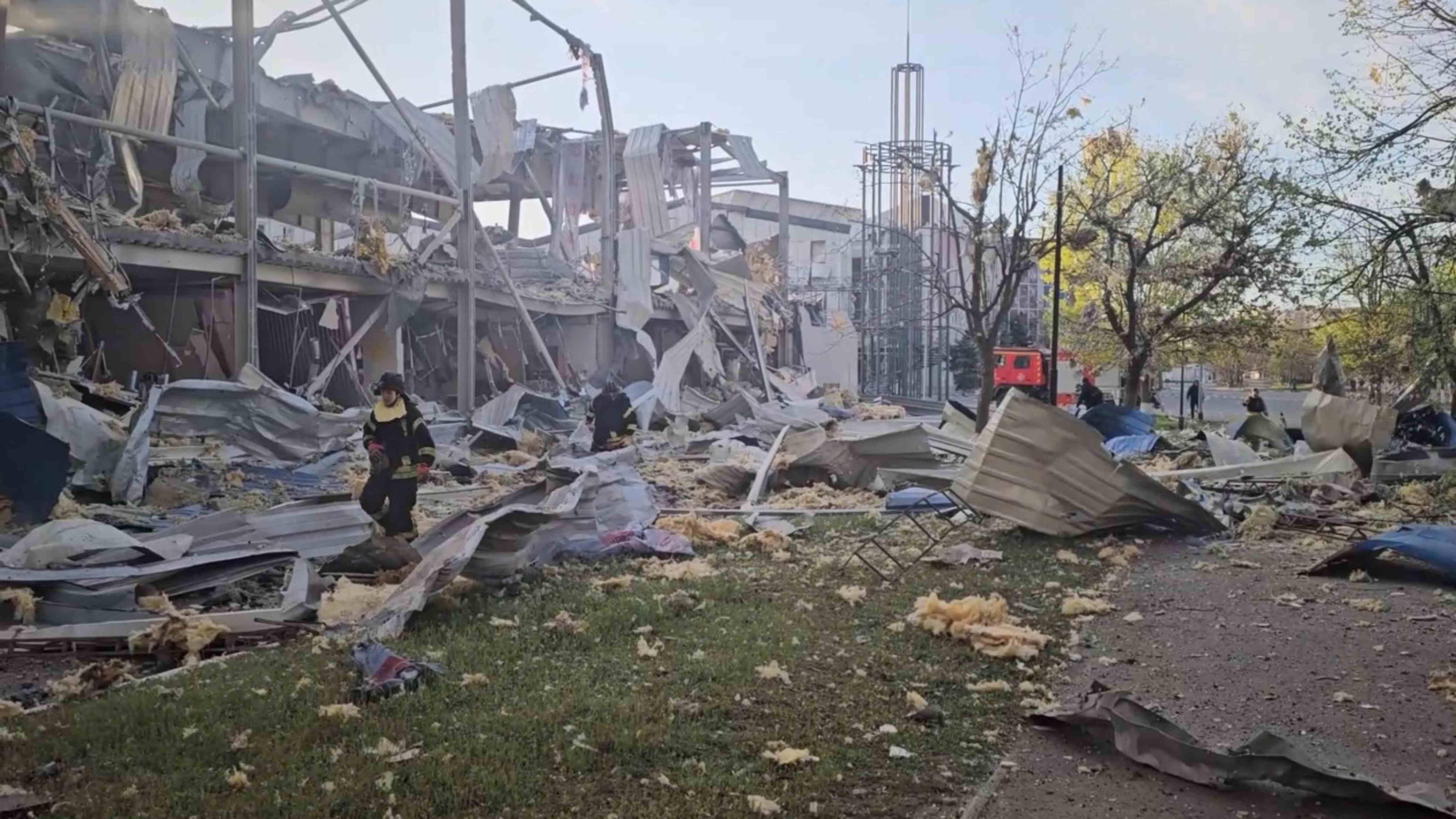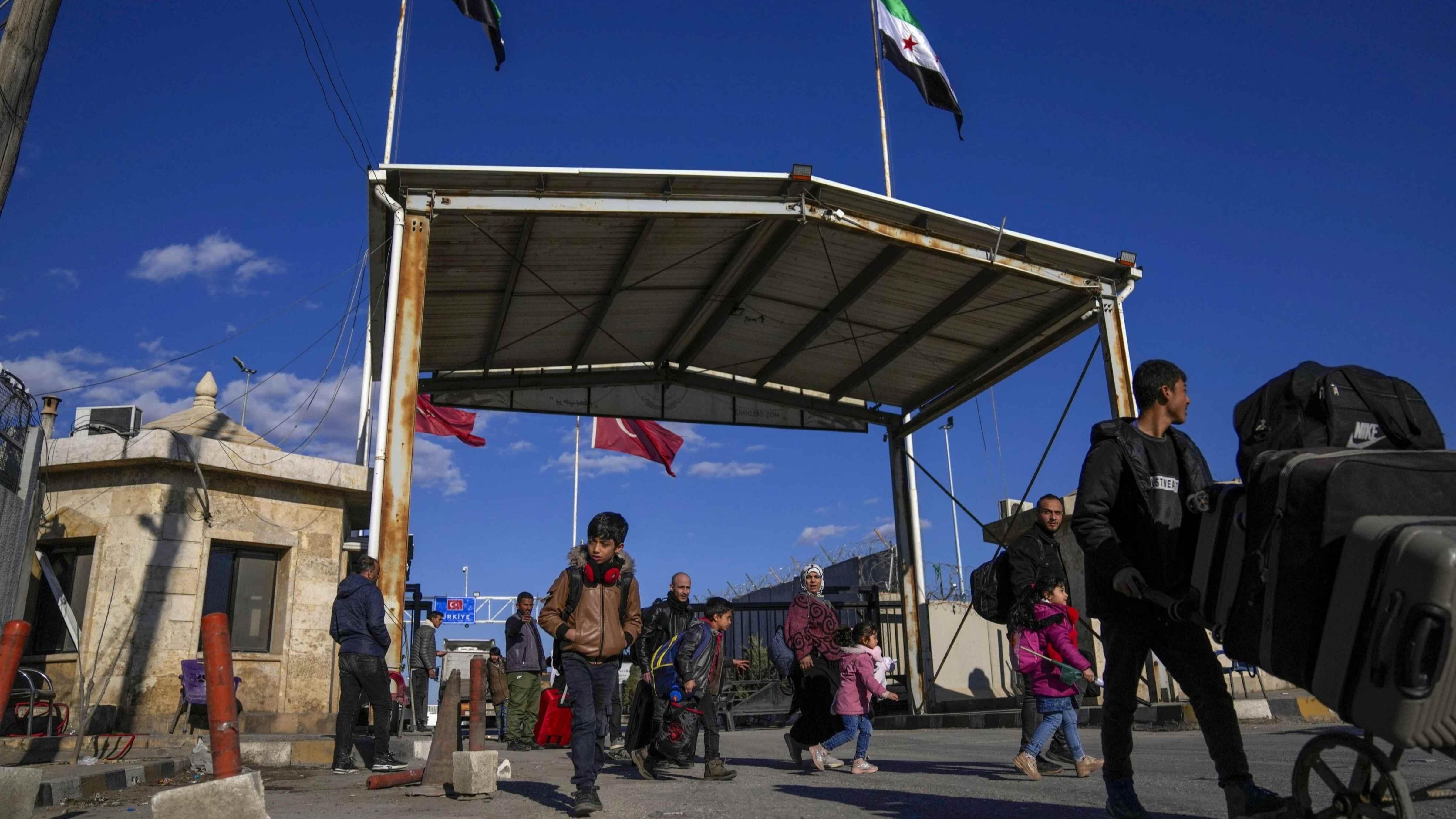Thailand: The War on Democracy
It has gone quiet in Bangkok, as the people who have been trying to overthrow the government tidy up the debris that litters the city after the last two weeks of demonstrations. It’s King Bhumibol Adulyadej’s 86th birthday this week, and nobody wants to disrupt it with unseemly scenes of conflict.
Prime Minister Yingluck Shinawatra is taking an equally low-key approach. The Thai army has removed the barbed wire that surrounded government offices, and protesters are wandering through the prime minister’s offices and picnicking on the lawns while she runs the affairs of state from some other location in the capital. But by next week the Civil Movement for Democracy will be back in action, and the final outcome is not clear.
The main thing that distinguishes the Civil Movement for Democracy is its profound dislike for democracy. In the mass demonstrations that have shaken Thailand since 24 November, its supporters have been trying to remove a prime minister who was elected only two years ago – and their goal is not another election.
“We don’t want new elections because we will lose anyway,” one protester told Reuters. “We want (the prime minister’s family) to leave the country.” If they succeeded in driving Yingluck from power, they would skip the whole business of elections and hand the country over to an appointed “People’s Council” made up of “good men”.
These good men would naturally agree with protest leader Suthep Thaugsuban that the majority of the Thai people are too ignorant and flighty to be trusted with the vote. “From a Western point of view, “democracy” is an elected government serving as the people’s representative,” he told The Guardian. “Unfortunately, elections in Thailand do not represent people’s (real) choices because their votes are bought.”
They are “bought” not by bribes but by government spending on free health care and anti-poverty programmes. In most democracies this is seen as part of the normal political process, but Suthep and his supporters, who include a high proportion of the country’s professional and middle classes, especially in the capital, regard it as illegitimate.
There is a conflict between the interests of the rich and the poor in most countries. In democracies it normally plays out in the electoral competition of right- and left-wing parties, and some compromise (always temporary and contentious) is arrived at via the ballot box. But in Thailand, the rich take to the streets.
They do so because they always lose the elections. In five elections since 2001, the winner every time has been Thaksin Shinawatra or somebody chosen by him. Thaksin is a man of humble origins who built the country’s largest mobile phone provider and then went into politics. He proved to be unbeatable.
He set up programmes like village-managed micro-credit development funds and low-interest agricultural loans. He created a universal healthcare system and provided low-cost access to anti-HIV medications. Yet between 2001 and the coup that overthrew him in 2006, the GDP grew by 30 percent, public sector debt fell from 57 per cent of GDP to 41 per cent, and foreign exchange reserves doubled . He even managed to balance the budget.
Income in the north-east, the poorest part of the country, rose by 41 percent. Poverty nationwide dropped from 21 percent to 11 percent, and the prevalence of HIV/AIDS declined. Thaksin even allowed the 2.3 million migrant workers in the country to register and qualify for health cover.
From the point of view of the opposition Democratic Party, all this was just “buying the people’s votes.” When Thaksin won the 2005 election with an increased majority, it conspired with the military to overthrow him. He was then tried on corruption charges, but fled the country before the inevitable verdict and has since lived in exile, mostly in Dubai. But his party, reformed and renamed, goes on winning every time there is an election.
That’s why sister is now the prime minister. She probably does do what he says most of the time, but there’s no crime in that: the voters who put her there were really voting for Thaksin. And if the current insurrection in Bangkok overthrows her, they will vote for whoever else represents Thaksin next time there is an election. The right in Thailand should really grow up and get over it.











